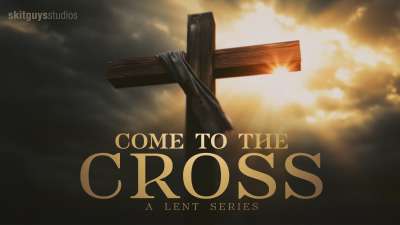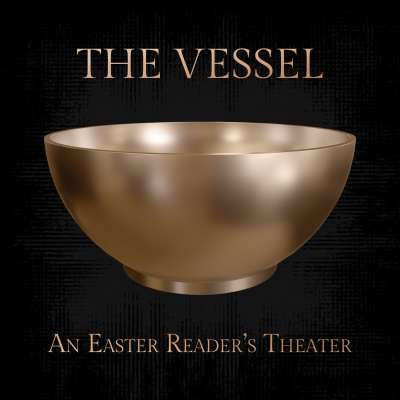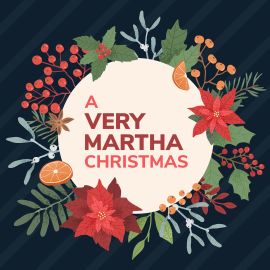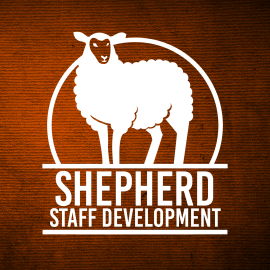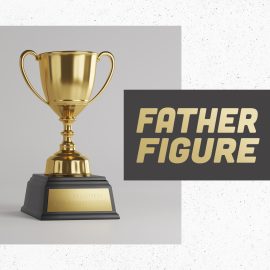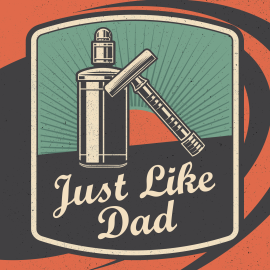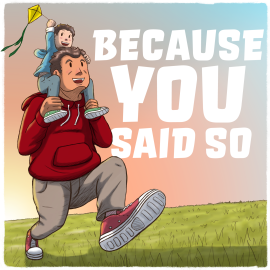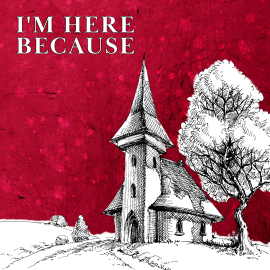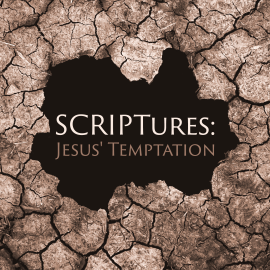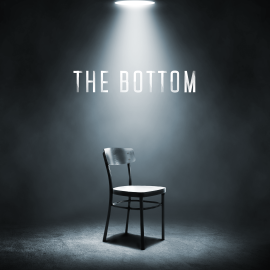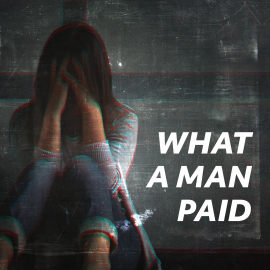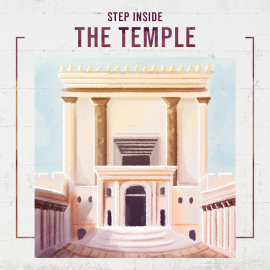Christian Scripts and Church Dramas
The Skit Guys have been busy writing and collecting scripts for over 10 years. We have a wide range of church dramas and skits that can be performed for almost any occasion. Our Christian scripts are biblically based and can be used not only in churches, but most school drama competitions as well.
All of our scripts are downloadable, which means we do not actually ship anything. As soon as you find your script and checkout, you can download immediately and start practicing your skit or play.
This humorous skit is a modern day look at Mary’s sister, Martha, and how expectations of the perfect Christmas don’t compare to focusing on the reason for the season.
As three coworkers exchange Christmas presents, the expense of the gifts leads to a discussion on the true cost of Christmas
In this humorous sketch, a team-building session for shepherds ends with a huge display that makes believers out of them.
A man can be a father figure in many ways in his life and has the chance to lead people to the Father of us all.
Why do we hold on to our burdens instead of giving them to Jesus, as He has asked us to do? This script offers some answers to this question and explores the freedom we find when we actually do surrender our burdens and anxieties to the Burden Bearer.
Jimmy asks Google all about God for a Sunday School assignment, but Google has no answers. When his mom Janet overhears the questions, they have an opportunity to talk about learning to hear God’s voice. Part of the Train Up A Child Series it’s a funny and touching skit to help believers of all ages know and remember what they believe.
In this funny and heartfelt skit, a potential shaving cream disaster ends up in a sweet moment between a father and his young son.
In this humorous skit, a dad just wants to relax on Father’s Day, but life gets in the way...again and again. In the end, his family realizes just how much Dad does for them every day.
In this heart-warming reader’s theater skit, children and teens share the lessons that our fathers teach us and bring new meaning to the often-used phrase, “because I said so.”
Different people who have lost sight of what the season is all about, show up to a Christmas Eve service for different reasons. In the end, a child has the right frame of mind.
This Readers Theater speaks to the need for us to become living stones, reflecting the hope of the One who sacrificed everything for true and everlasting freedom.
Ron and Bob talk about what it means to be tempted and tell the story of how Jesus overcame temptation.
The bottom is a dark place full of despair and self-doubt. It is important to remember that God is there with us and that He meets us with love.
A “chance” encounter at a café between a Christian woman and a prostitute leads to a discussion on what a person is worth. The prostitute is reminded that she is worth the price paid for her-the very life of God. NOTE: This script has adult themes and is best suited for an adult women’s ministry or evangelism training.
This is an interactive skit where the audience is invited inside the temple with 12-year-old Jesus as he talks to the elders. As part of the “Step Inside” series, this skit invites the audience to be part of the action of Bible stories come to life! Each skit focuses on a word that you can choose to use as your lesson or theme for the day and works alongside other skits in the series to send the message that God is always there for us.
This script is a hilarious invitation to join a small group or Bible study and takes a look at how people confuse characters in the Bible, notably Moses and Noah. This can be performed live or filmed and presented.
